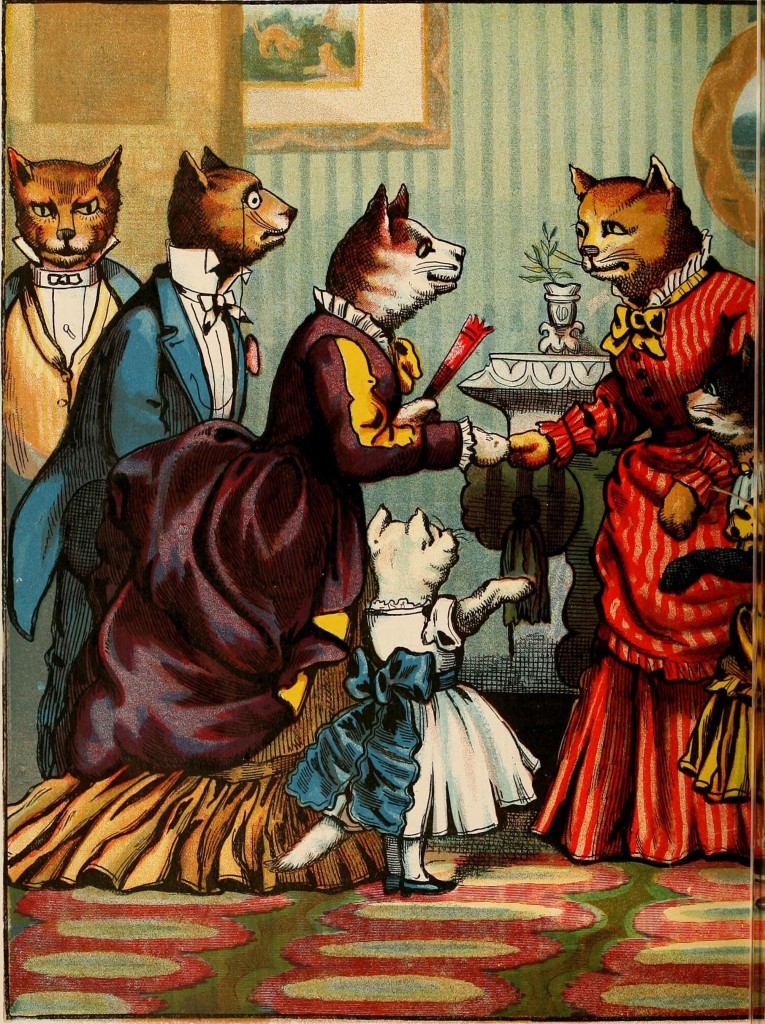[Update on this post. I have somewhat recently discovered that I am an Aspien woman, meaning I have Asperger’s Syndrome. Once I have taken more time to process and study this situation, I will write more about it.]
I am socially handicapped. Awkward and misunderstood are in my genetics. Saying the wrong thing at the wrong time is what my brain and mouth team up against me to do regularly. They have been in cahoots for my slow death by humiliation since as far back as I can remember. When in a deep one-on-one conversation with someone I click with I have grown to do quite well, but I have trouble understanding people during simple exchanges (and I am quite sure they rarely understand me) as if I have completely missed the rules of small-talk.
I have always had a certain level of envy for the socially at ease. The ones who banter effortlessly. The ones who easily meet people and know what to say. This post is not for you. Stop reading it right now and just go talk to someone who thinks you are wonderful.
This post is for the one who spilled their drink on someone’s shoe, then proceeded to talk for too long about something your cat did and laugh too loud at something that wasn’t meant to be a joke. This is for the ones who stare blankly at people when an answer is required and blurt out something unrelated to the topic when someone else is still talking. You know who you are.
I have accumulated these tips by way of observation and adult practice. When used correctly they work.
#1 Ask questions. (Pertinent simple ones). The number one tip I have found for navigating the murky waters of small talk is to be interested in learning things about the person you are talking to. Don’t talk about yourself (or your kids or pets). Instead be interested in them. The more interesting you appear to think they are, the more wonderful they will begin to think you are. Starting with a simple where do you live? Or where are you from? leads beautifully into mention of family or job which then leads to How many kids? How long have you been married? How did you meet your wife? etc. Or What do you do? How long have you done that? etc. Asking questions and listening, riveted, to the answers has been the number one thing to move me from complete failure to a certain level of satisfaction in social interaction. This leads beautifully into tip number two:
#2 Listen much more than you talk. There are countless proverbs in every religion that outline the importance of this tip. If you listen more than you talk, you will be considered wise. People who talk too much are often thought to be fools regardless what they are saying. At least in the beginning, when you are still learning how to talk to people, keep them talking by way of Tip #1 and listen intently. If they turn the topic onto you, answer simply and ask them another related question. In time you will find a good balance, but in the beginning it is important to prevent your mouth from messing up the interaction that is taking place. Just listening and nodding occasionally goes a very long way.
#3 Don’t be afraid to ask them to repeat themselves right away when you have missed something. I have launched into a strange answer on a partially understood question too many times. Once recently I was in a loud room where an acquaintence walked up to me, greeted me, and asked me a question. I did not hear the question, but assumed it was the general and courteous how are you? I began to answer that I was quite well, when suddenly his facial expression paired with my growing fear that he had asked me something different made me stop mid-sentence, lean an ear toward him and say Pardon? The timing was so off that he looked at me like I was crazy because he hadn’t said anything, I had been the one talking. Yep that sucked. (Ultimately he had asked me how I was. I should have just went with it. You win some, you lose some.)
#4 Relax and remind yourself that you are okay. At the beginning I had to regularly remind myself to be at ease during small-talk. When you have suffered enough blunders in a certain area of experience, you begin to naturally respond with a kind of post-traumatic stress. Your body tenses and stress hormones release and this leads to becoming too loud or too aggressive or too frightened to create a comfortable setting for your small-talk partner. Take some deep breaths, lower your shoulders, lower your volume, tell yourself you are okay. I have seen it and done it too many times. Being so nervous about being perceived as crazy that I end up acting crazy.
#5 Don’t forget who you are. In the end, these are all tips to enhance your character and personality and smooth out your interactions, not to pretend you are someone else or be like someone else. That would be counter-productive and terrible. These tips are simply some things I have picked up along the way that have helped me to move through the early stages of friendship as well as general acquaintanceship and have actually strengthened my personality- because when you are at ease with yourself and you are confident about interacting with others, your quirks can be free to enhance your experience instead of harming it. People love quirky people. Once the main social mistakes we make have been refined we can just be enjoyed and enjoy people.
Liked this post? Follow this blog to get more.

